
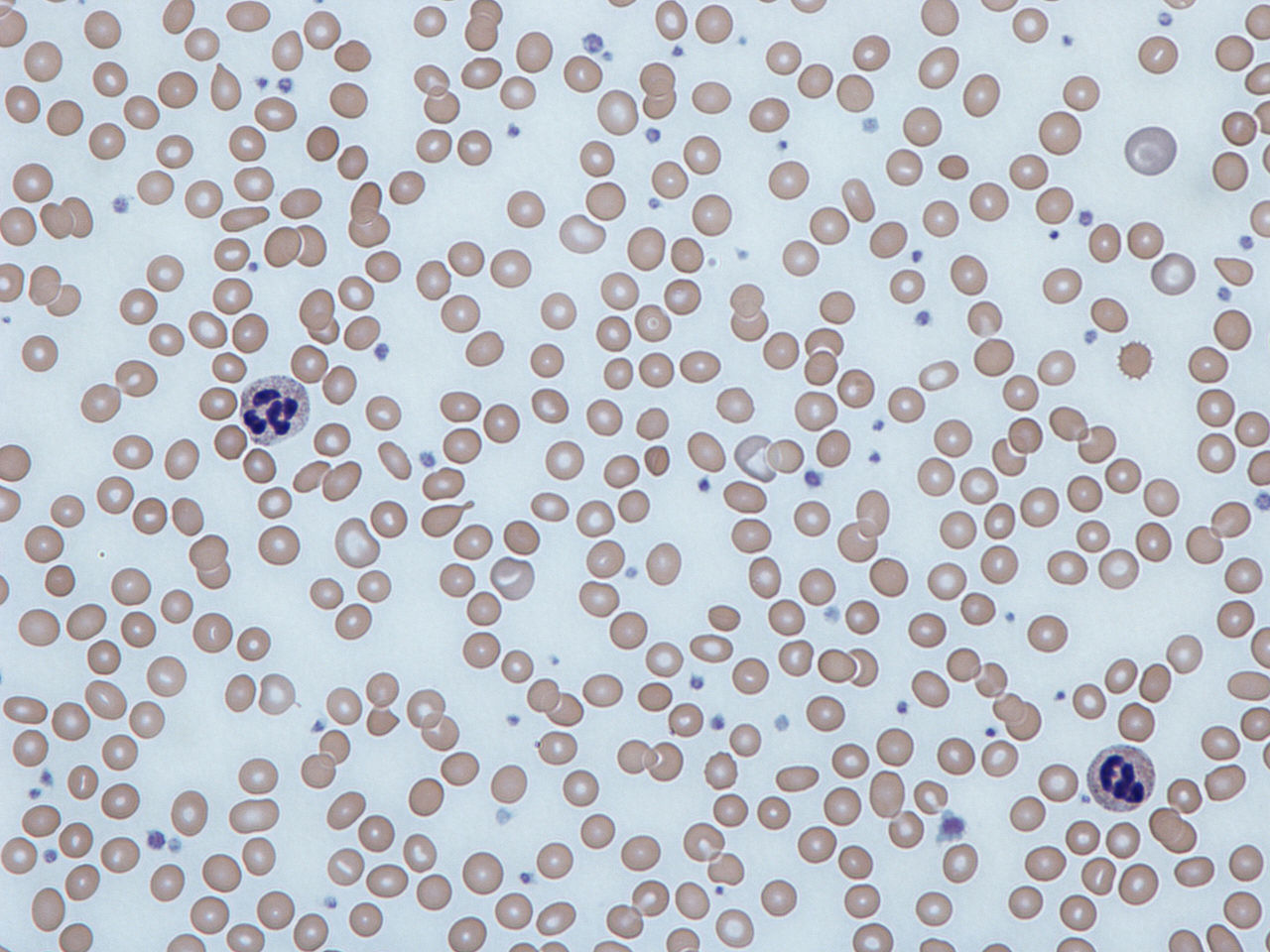
Scientists in Pune have found that a traditional herb Tinospora cardiofolia commonly known as gudduchi or giloy could be useful in treating inflammation-induced anemia

Expanding the range of water treatment technologies, scientists from the Indian Institute of Technology-Guwahati have developed a membrane that promises to help simultaneously remove oil and dyes from industrial and other wastes

A new study has linked the food preferences of individuals to the prevalence of diabetes in various states of India. The study has found that eating calorie-rich food like sugar and honey increases the risk of diabetes while the addition of protein-rich food and dairy products in a meal can help reduce the risk of diabetes

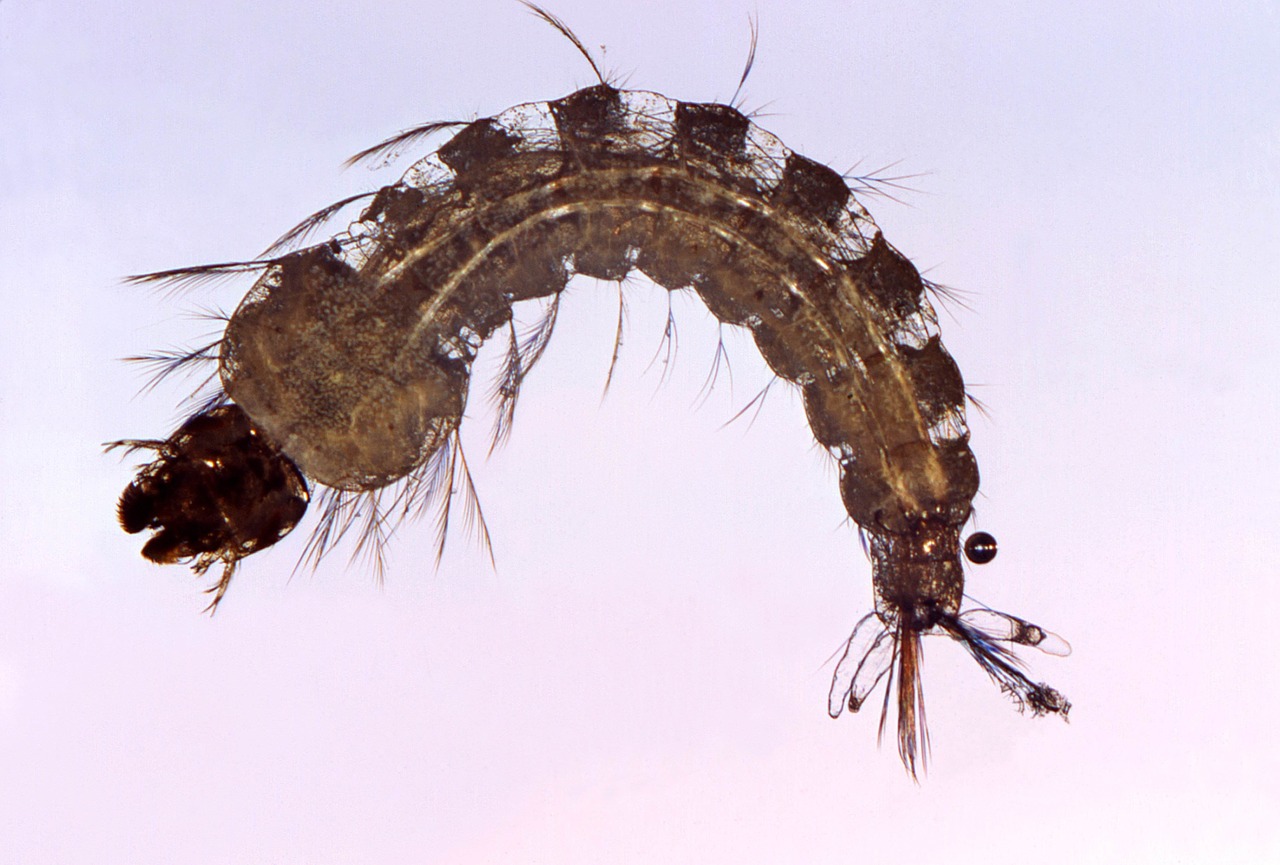
Researchers from Indian Council of Medical Research’s Jabalpur-based National Institute of Research in Tribal Health has identified a genetic sequence in the body of malaria parasite that promises to help develop a more sensitive diagnostic test for the disease.

On June 6, 2017, a meteorite landed on a sandy agriculture field at Mukundpur village in Rajasthan. A research team decided to seize the opportunity to isolate and study the bacteria at the impact site as they would have withstood the high pressure and temperature generated by meteorite impact.
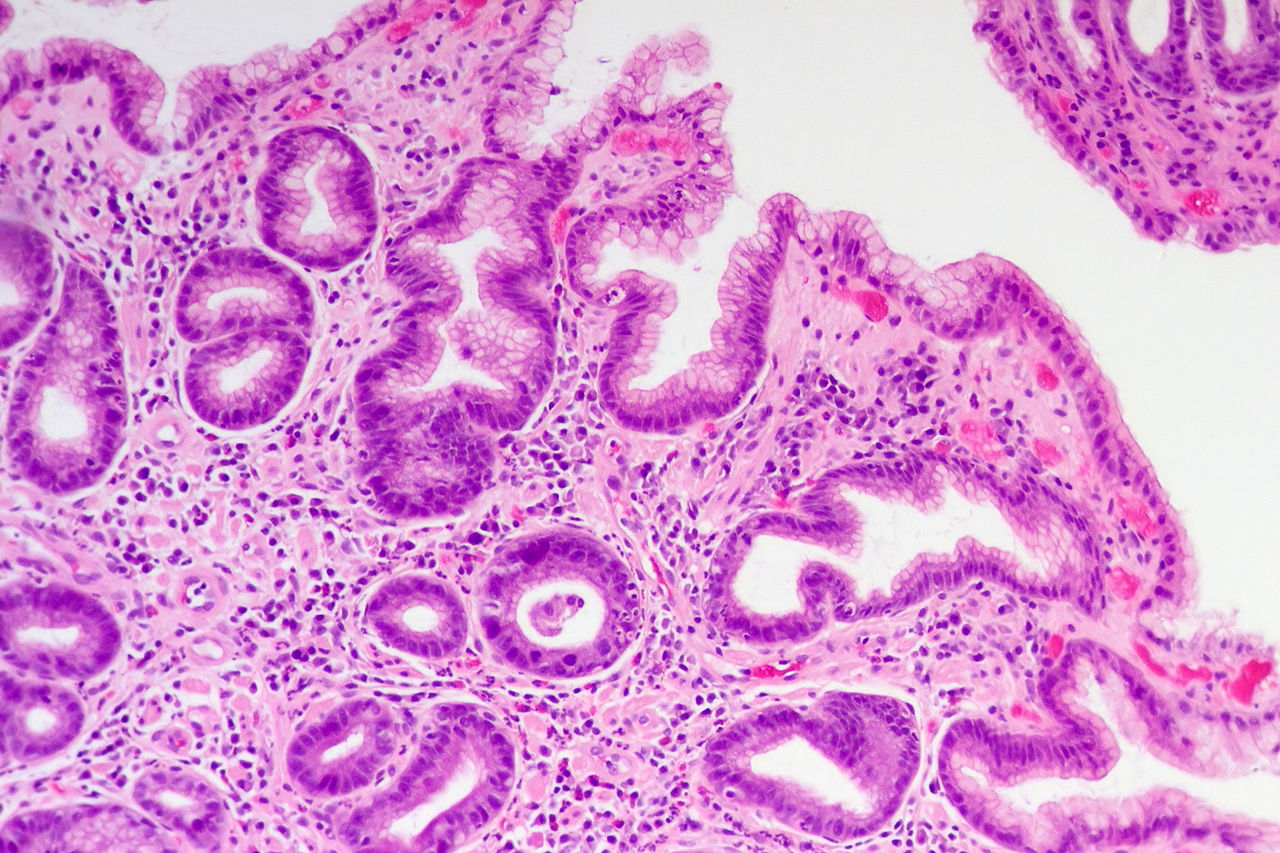
A new study has found that Helicobacter pylori, a bacterium that resides in the human stomach and causes ulcers, gastritis and stomach cancers, has gained so much resistance to two commonly used antibiotics - metronidazole and levofloxacin that the drugs may not be able to provide any relief any more

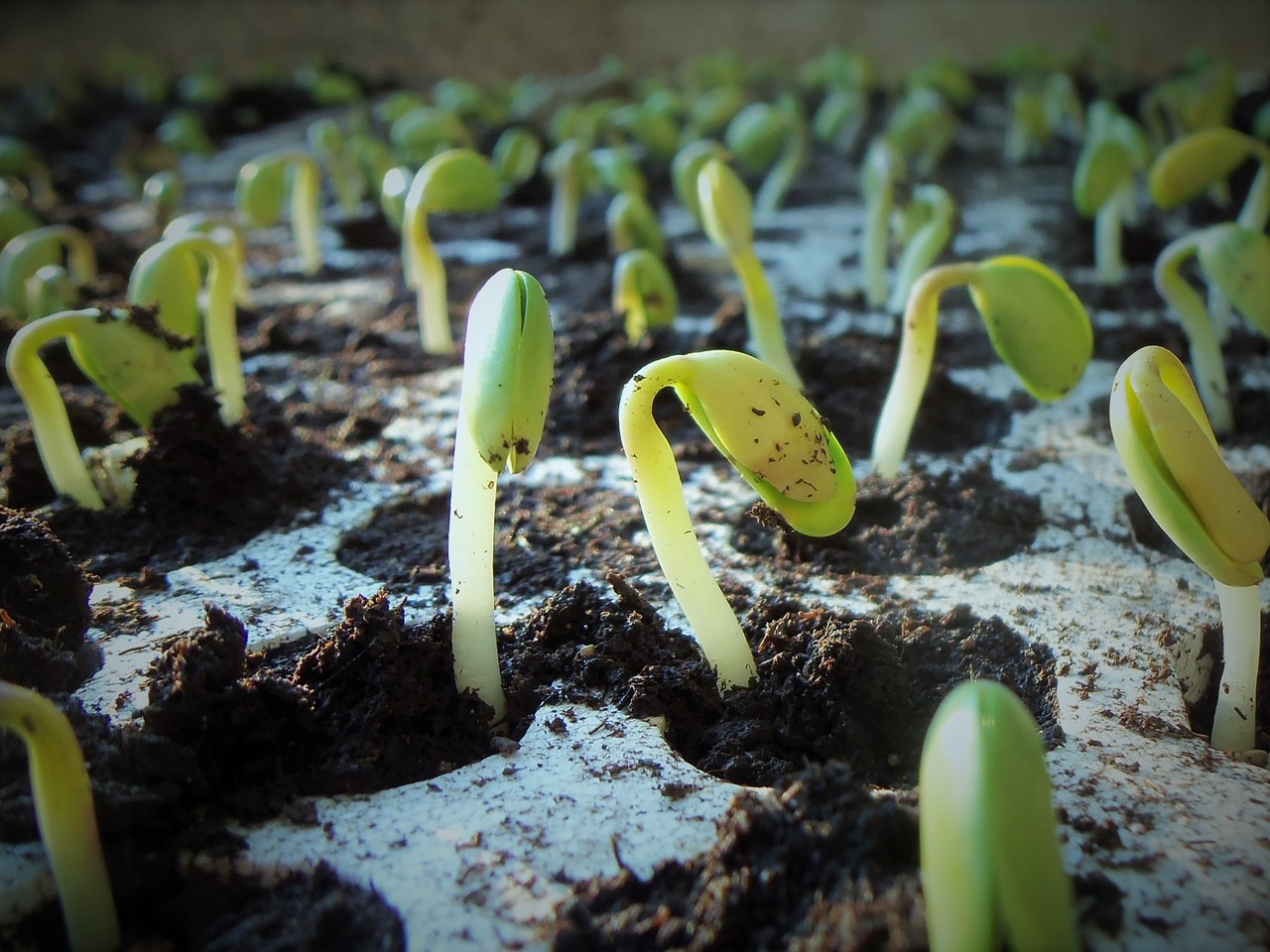
The productivity of soybean, an important oilseed crop, is severely affected due to droughts. A team of Indian scientists has now identified genotypes of soybean that can tolerate drought better without comprising on yields
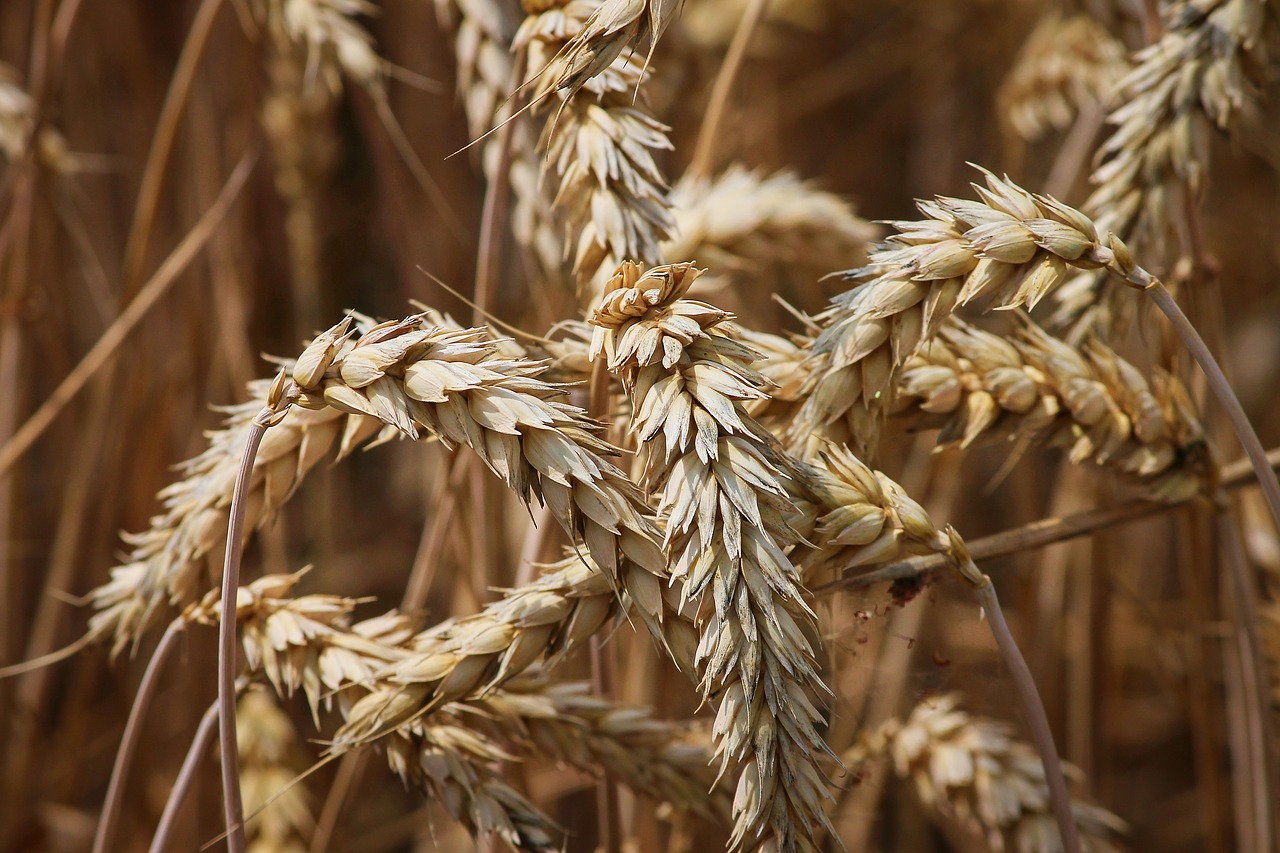
Agriculture scientists have cautioned about likely spread of extremely virulent strains of fungus that causes yellow rust in wheat to which currently used wheat cultivars show high susceptibility

A team of researchers at Banaras Hindu University has found a solution to this problem. It has developed a nano-formulation that promises to result in more effective plant-based food preservatives.
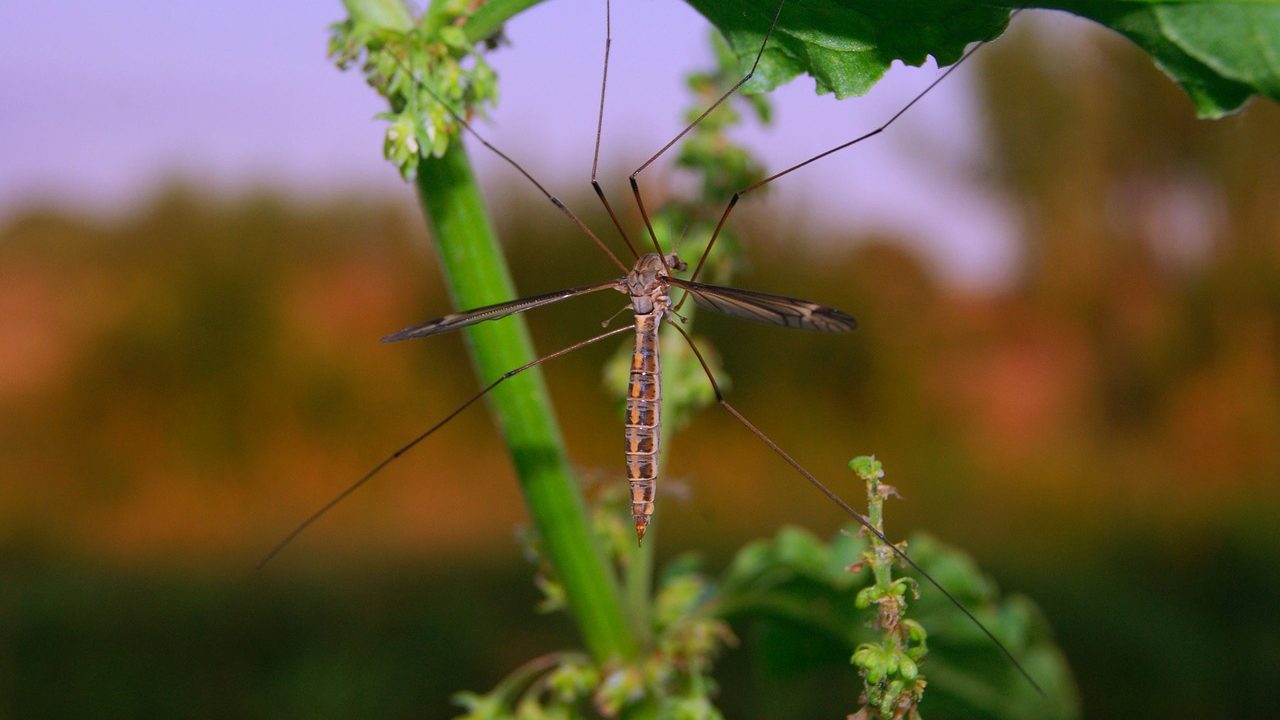

scientists have now developed a new process for chemically synthesizing two such cannabis chemicals - Serinolamide A and Columbamide D. These two compounds have been previously isolated from marine algae found in Papua New Guinea and Malaysia.
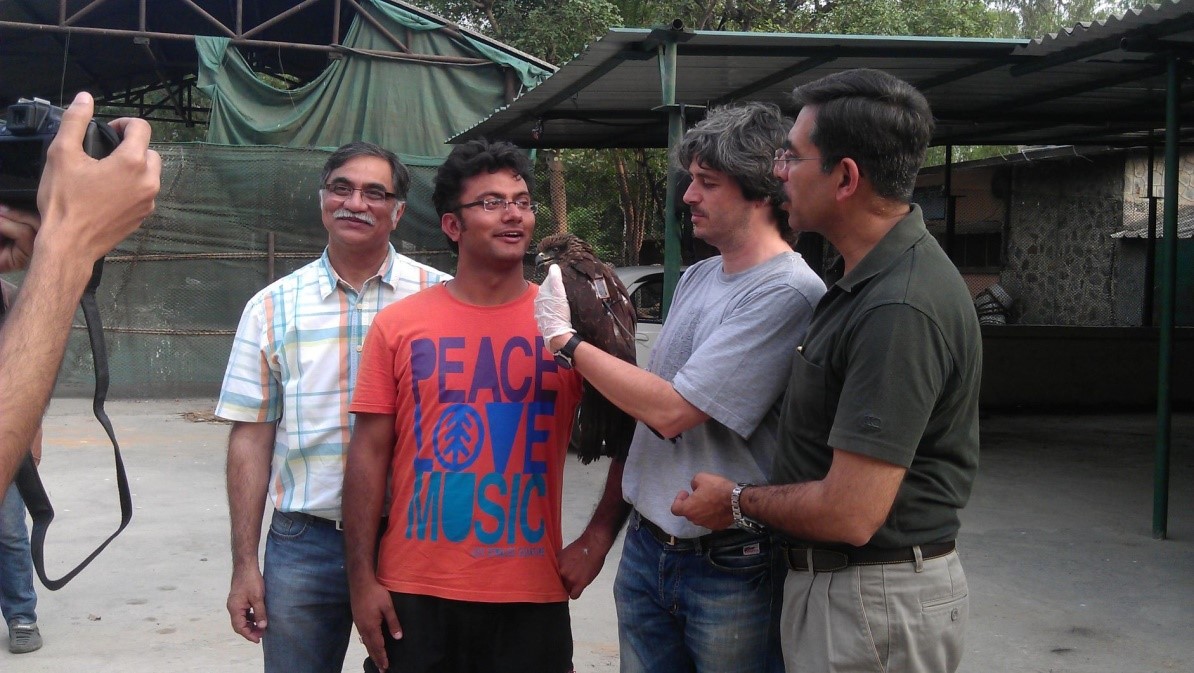
A new study has found that the probability of attack by kites, birds of prey that inhabit urban areas, increases in neighborhoods where human population is high and conditions are unhygienic. The birds also get more aggressive when they have eggs in their nests.

Antibiotic resistance appears to be spreading in the environment. A new study has found a large number of bacteria which are resistant to commonly used antibiotics in stretches of river Ganga
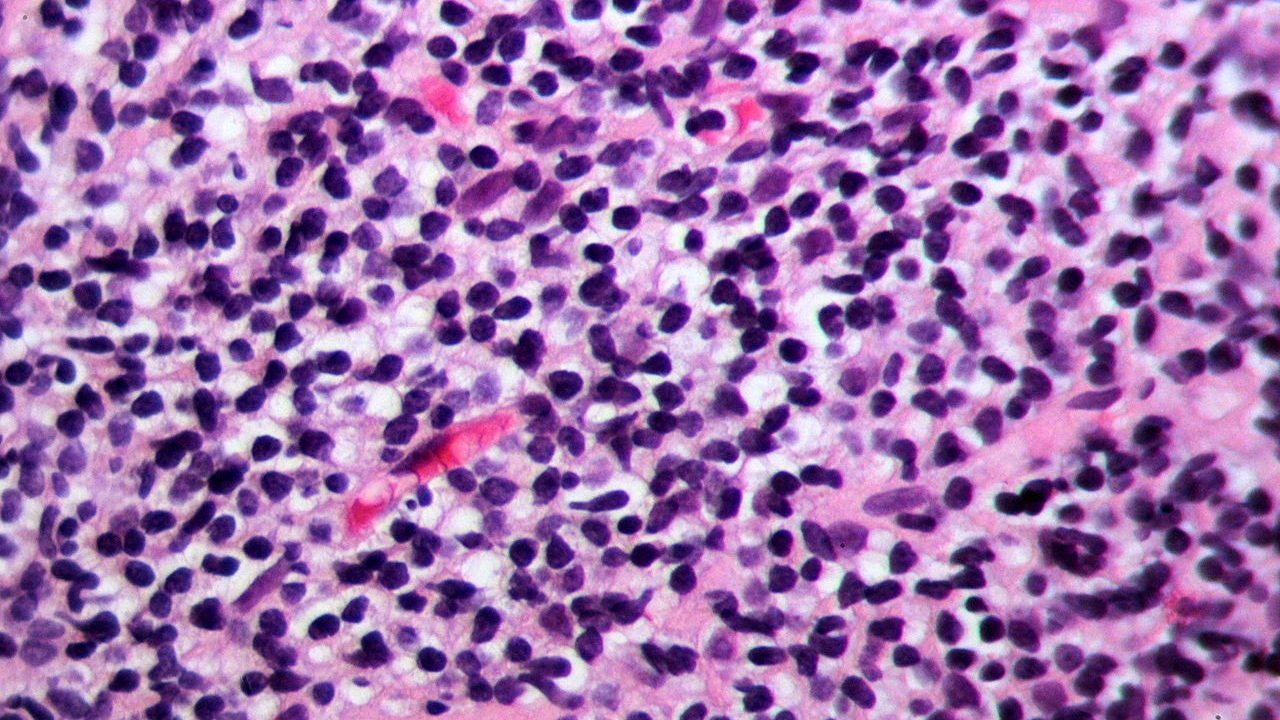

Indian scientists have found a new function of a gene which is already known to play a role in neurological disorders

Based on findings of their new research, scientists at the National Chemical Laboratory, Pune have suggested that measuring levels of free albumin and albumin attached to glucose molecules in the blood can be a better diagnostic test for diabetes and help in its management.
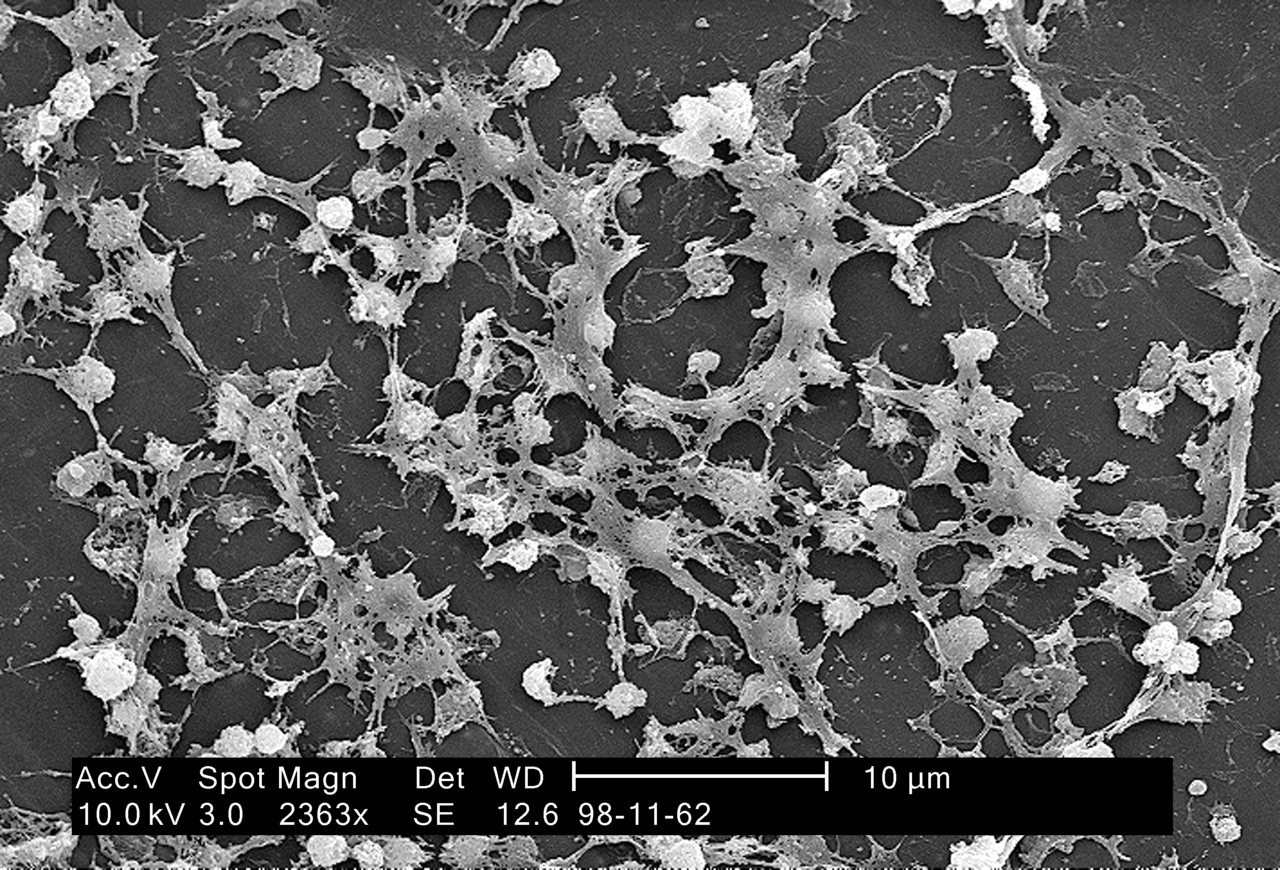
Researchers at Indian Institute of Technology, Roorkee have developed a new eco-friendly nanocomposite that promises to help fight the problem of such antibiotic resistance more effectively.

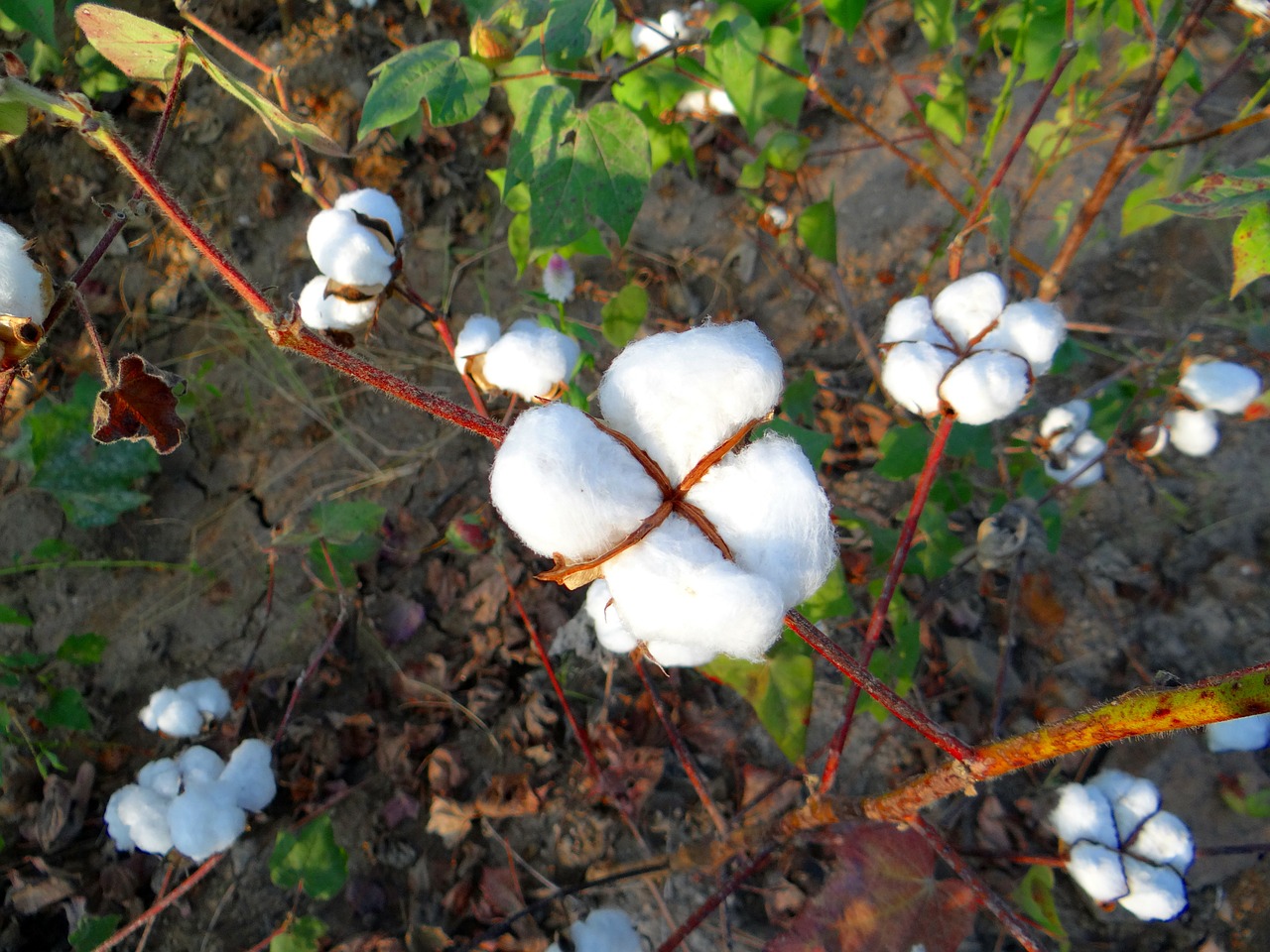
A team of Indian scientists have predicted that the yield of cotton can be maximized if the crop is sown early (by mid-May) and irrigated during ball formation and maturity stages in case of drought conditions
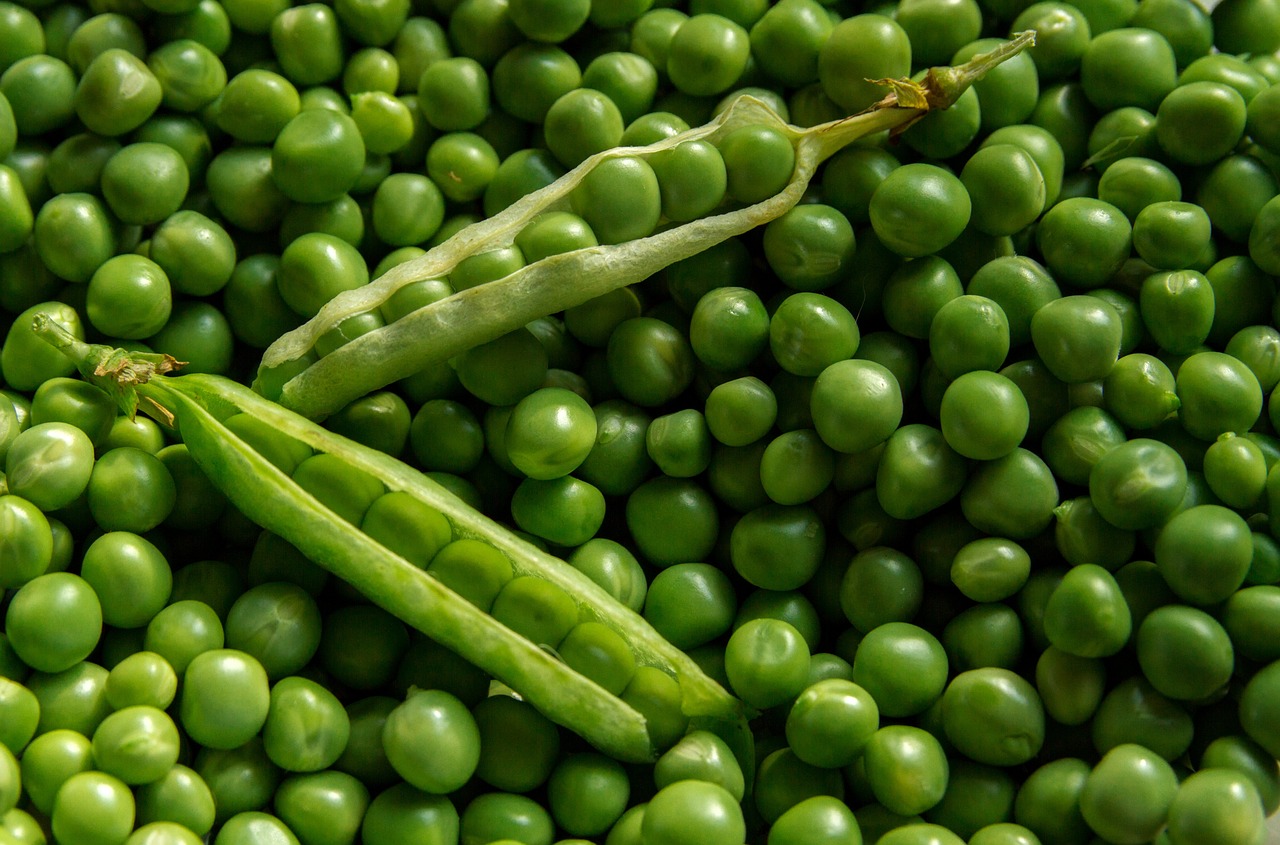
Scientists from the Indian Council of Agricultural Research have developed a pea variety that bears more flowers per stalk and therefore yields more peas per plant
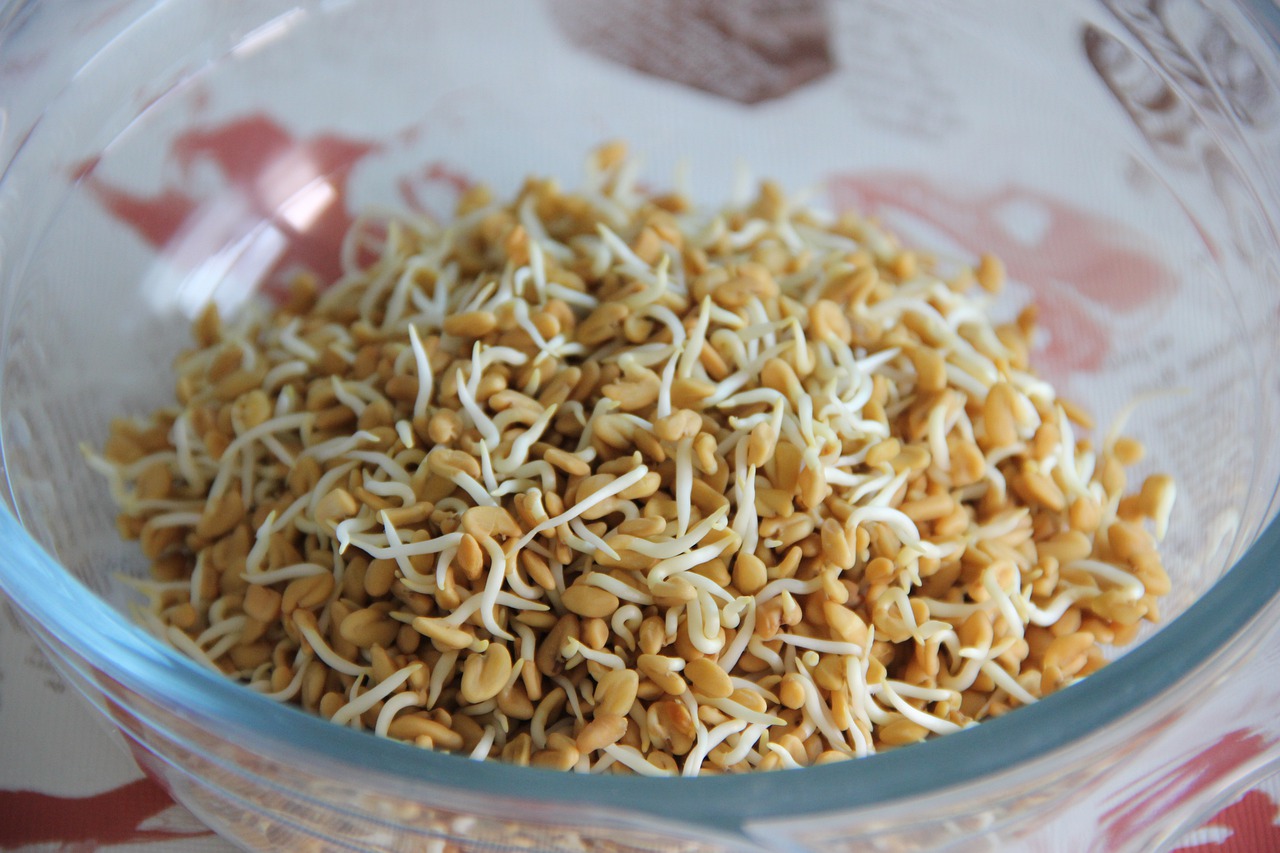
Scientists from CSIR-Central Food Technological Research Institute, Mysore have found out the mechanism by which fenugreek and onion protect heart-related disorders in diabetic patients

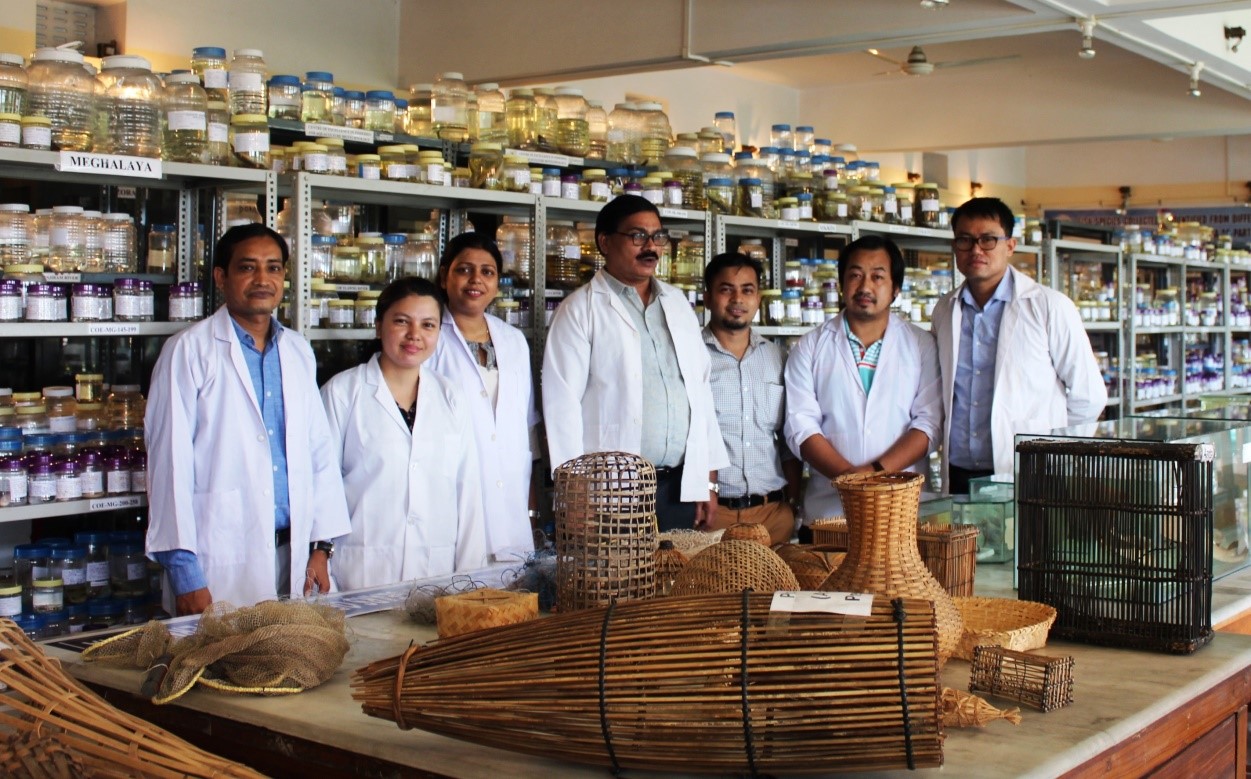
Unsustainable use of fishery resources and declining fish diversity are matters of grave concern. The identification and cataloguing fishes are necessary for the conservation of endangered species.

Degrading air quality in metro cities is a matter of concern for public health. Massive tree plantation drives are often conducted in order to provide oxygen to choking cities.
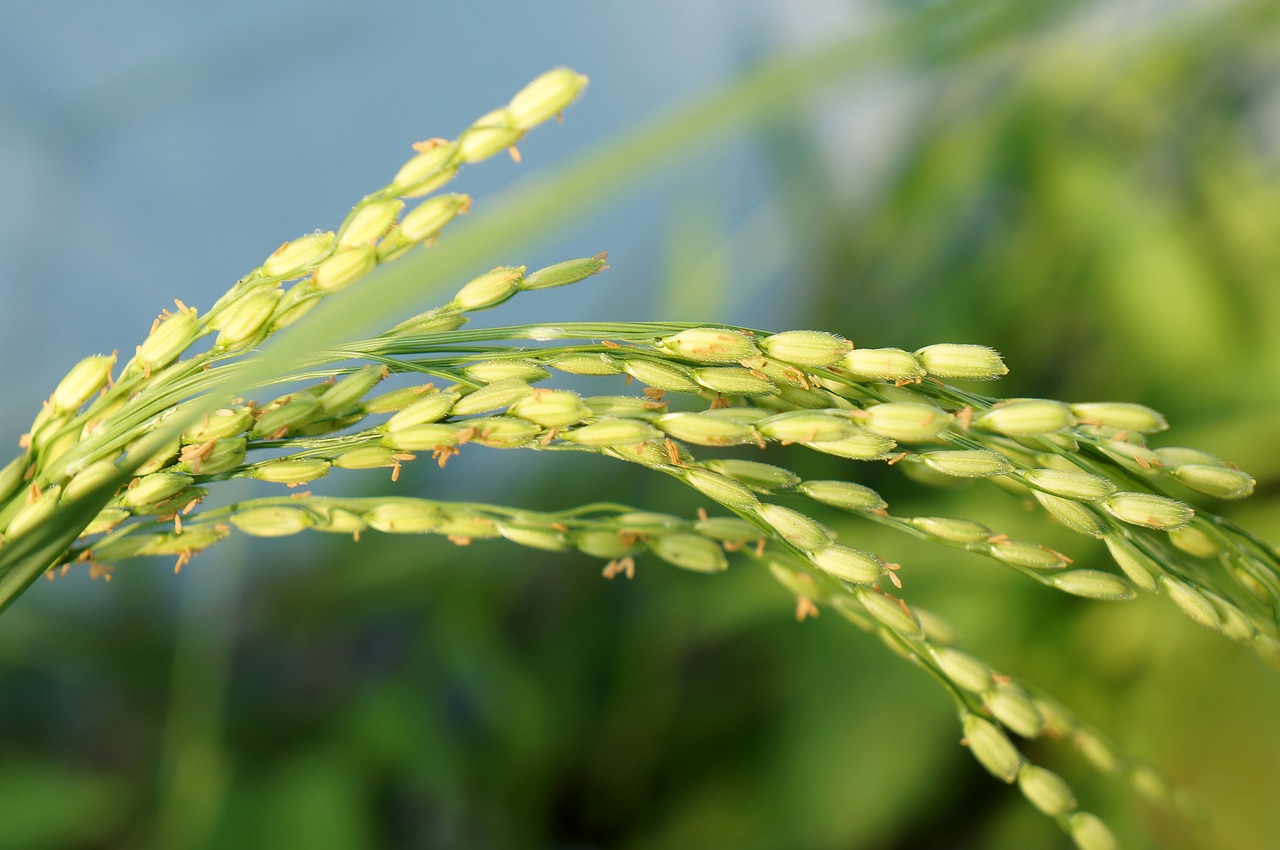
The presence of arsenic traces in rice is a major problem in several parts of the country. Now scientists have found that soaking rice seeds in selenium can mitigate adverse effects on rice plants grown in arsenic-contaminated soils and can arsenic accumulation in rice grains.


Nanotechnology deals with particles that are several thousand times smaller than a human hair, and it is being put to use in a variety of applications such as drug delivery and diagnostic tests.

Eyes which help us to see marvels of outside world can also reveal secrets about our inner health. Doctors often examine eyes to look for signs of jaundice, hyperthyroidism, anemia and even high cholesterol.

Persistent overuse of fertilizers to increase the crop yield has led to serious consequences on the environment and human health.


Researchers at the Indian Agricultural Research Institute (IARI) have developed a maize variety which is rich in both Vitamin A and essential amino acids through the process of plant breeding.
Internet is huge! Help us find great content
Never miss a thing! Sign up for our newsletter to stay updated.
Research Stash is a curated collection of tools and News for S.T.E.M researchers
Have any questions or want to partner with us? Reach us at hello@researchstash.com